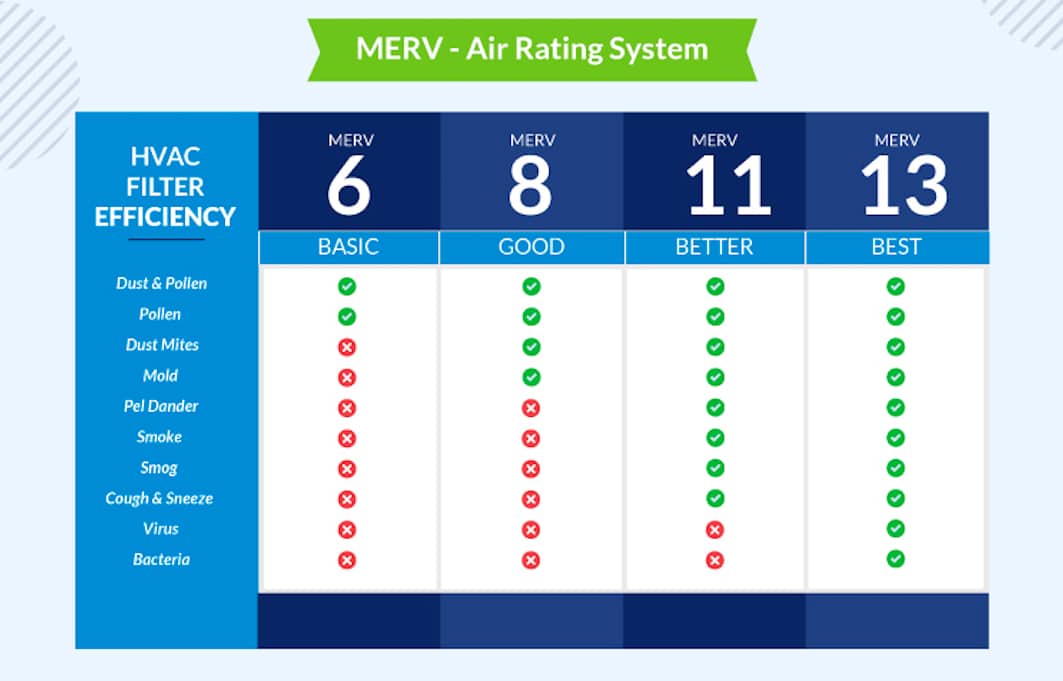Bespoke Web Design: Is Custom The Right Choice For Your Business Website?

These days, building a new website has never been easier or more affordable. Easy-to-use platforms like Squarespace, Wix, and WordPress empower practically anyone to create decent-looking sites themselves without needing to code. Small business owners now avoid the previously steep expense of hiring web developers and designers.
But for some companies, the sheer abundance of budget website builders now available still leaves them with an important strategic question:
Should your growing business invest in a custom bespoke website design instead?
“Bespoke web design” refers to completely custom-crafted websites tailored fully to a specific company’s unique needs or brand aesthetics. This contrasts with cookie-cutter templated websites that can’t offer total creative control or special functionality.
This article will explore five myths about choosing custom bespoke websites – plus five situations where they indeed prove the right decision over prefab platforms:
Myth 1: Bespoke Means Overpaying for Excess Website Elements Most Businesses Don’t Need
Some assume a bespoke site forces paying web design agencies to over-engineer everything. But an experienced firm plans scope wisely around actual business goals vs. overdoing budgets on unneeded features most visitors may not use.
Bespoke allows focusing investment only on elements driving real commercial outcomes and skip nice-to-have fluff.
The agency should guide strategically identifying key areas where custom-build engineering lifts performance over templated limitations.
Those high-impact bespoke components then integrate with smarter off-the-shelf elements to containing costs. The result is still a tailored site but priced affordably by combining custom-built and reusable solutions strategically.
Myth 2: Bespoke Design Always Takes Way Too Long Waiting for New Pages and Features
You may also worry choosing a fully bespoke path traps your site changes and requests in months-long queues waiting on availability of an outside agency to deliver.
But those fears reflect web design models of the past.
Many agile developers today instead offer modular components that empower marketing teams more autonomy customizing layouts, content and basic personalization themselves without waiting. Streamlined access to developer resources is also available instantly as needed.
While total DIY changes may remain unrealistic without some web knowledge, most bespoke providers set clients up for faster iteration without reliance on agencies daily.
Choose partners truly offering modern collaboration models rather than treating you as a passive client.
Myth 3: Our Needs Aren’t Advanced Enough to Warrant Custom Site Development
Other leaders talk themselves out of bespoke believing their relatively straightforward web functionality hardly justifies custom engineering work.
But even simpler websites still often demand bespoke development in a few areas many platforms don’t satisfy well:
- Reflect Brand Identity Elements Beautifully
- Deliver a Standout Site Experience Relative to Competitors
- Integrate Tightly With Your Tech Stack Like CRMs or Databases
- Center Security, Speed, and Support Beyond Templated Capabilities
- Future-Proof Ongoing Refinement As You Scale
While not every website part may require custom capabilities, most still need some unique elements critical to commercial goals that base templates simply can’t often provide.
Don’t write off bespoke development even if needs appear simple at first glance. See next myths too.
Myth 4: Our Design Needs Are Too Dynamic for Bespoke, Better to Use Adaptable Platforms Instead
Some leaders also choose against bespoke believing it locks brands into set designs unable to evolve visually alongside changing trends or business plans.
Why lock into fixed web architecture when off-the-shelf platforms let you or staff implement quick design changes yourselves?
Yet modern web development increasingly focuses on reusable, iterable component libraries giving bespoke sites flexibility in the hands of marketers too.
Your agency engineers adaptable parts enabling agile visual configuration of layouts, styles, and content blocks.
The resulting personalized components then dynamically populate page templates – integrating modern content editing without sacrificing technical advantages bespoke web development delivers compared to more rigid cookie-cutter platforms. You escape their overly simplistic restrictions.
Myth 5: Migrating to New Systems Later Is Too Difficult with Bespoke Sites
A final argument against bespoke development is fear of excessive technical debt making site migrations to new platforms arduous down the road.
But deliberately architected bespoke solutions don’t trap you there forever either.
Professional engineering teams take decoupling content, templates and components into consideration – making migration no more difficult than typical platforms through standards-based theming layers and headless architecture.
Limitations often sit with closed source off-the-shelf tools instead.
Don’t assume bespoke design decisions lock your business onto a given stack permanently. Enterprise-level architects deliberately avoid those pitfalls. You take on no more migration risk than DIY platforms carry.
In Short, the Myths Against Bespoke Web Design Largely Prove Untrue
In summary, many assumptions steering companies away from custom web development tend to fall apart under closer scrutiny.
Modern web design firms creatively work within budgets on what most impacts goals – not overengineering entirely.
They also increasingly embrace agile, modular architectures so bespoke sites stay nimble in the hands of marketers – not trapped waiting months for changes.
And deliberately simplified structures with reuse and standardization makes migration off bespoke platforms no more foreboding than inflexible DIY tools allow.
The benefits unique bespoke design brings may warrant the choice after dismissing those myths. But when exactly proves it the smartest path for a growing company?
Tailored Web Design Becomes Essential In These 5 Scenarios:
-
Brand Differentiation Is Paramount
If your business competes on brand differentiation, optimizing visual identity aesthetics online becomes instrumental to customer magnetism. Rigid templated sites limit brand projection. You want fine-tuned control through bespoke development instead.
-
Personalizing Experiences Drives Loyalty
basic platforms struggle enabling the advanced personalization and complex integrations with data sources that leading brands use to lift sales through individualized experiences. If you intend to compete using customization, bespoke design brings more robust capabilities.
-
Innovative Digital Products Or Services Require New Functionality
Introducing unconventional offerings often demands website tools popular platforms don’t support yet. But tailored technical design freely incorporates the unique functionality needed to accurately demonstrate distinctive value propositions digitally over competitors.
-
Future Expansion Plans Outgrow Limited Architectures
Reviewing long-term scaling plans may reveal ambitions exceeding technical restrictions of common off-the-shelf content managers like WordPress. Their convenience works temporarily but bespoke future-proofs growth unhindered.
-
Early Testing Indicates Platforms Don’t Address Goals
If preliminary website metrics dash hopes by pointing performance limitations tied to inadequate canned platforms, don’t double down. The data argues bespoke solutions better unlock your full potential unconstrained.
In essence, then, growing enterprises with big plans typically reach defining points revealing greater return achievable through custom-designed and engineered digital experiences surpassing cookie-cutter website software.
Evaluating the Business Case for Custom Web Development
Still on the fence whether a bespoke website is a strategically wise investment for where your company aims over its next growth phase? Walk through this quick assessment:
-
Identify Exact Current Platform Frustrations
Note specific examples of goals, plans or services your website can’t currently achieve due to restrictive software barriers. Any clear limitations?
-
Estimate Lost Opportunity Costs
Roughly quantify traffic, leads and sales possibly forfeited from shortcomings above. Envision untapped potential with ideal functionality in place.
-
Project Future Growth Requirements
Picture capabilities needed to smoothly scale ambitions over next 3-5 years. Will platforms continue satisfying expectations or impose thresholds?
-
Calculate Platform Switching Costs Eventually
Factor in extensive costs, risks and delays migrating off insufficient incumbent systems later after years building on top of them.
-
Compare to Bespoke Quotes
Finally request credible scope and quotes for custom development addressing all identified limitations above both now and for future plans.
Compare numbers against total quantified costs of staying the platform course. Analyze if the business case for migrating to tailored website design now makes strategic and financial sense given bigger picture goals.
The higher stakes around lost opportunity and expansion plans, the more bespoke websites make sense despite higher upfront price tags. But each company needs to run their own analysis – no universal right answers exist.
In Summary – Assessing When Bespoke Web Design Delivers Best Results
Tuned-in leaders recognize today’s overabundance of cheap DIY website builders must still prove measured against custom development aligning far tighter to niche business goals and models.
Reflexively defaulting to basic templated sites risks severely hampering enterprises needing truly tailored digital experiences.
But smartly weighing bespoke costs against quantifiable business li
mitations also protects against overspending on custom capabilities unnecessary to your situation. Not all growing companies require full-custom design – but fewer and fewer find existing platforms suffice as ambitions rise.
Hopefully dispelling those 5 earlier myths helps reframe perceptions around the value bespoke websites provide in the right contexts.
When differentiating brands, personalized experiences and innovative offerings prove instrumental to



